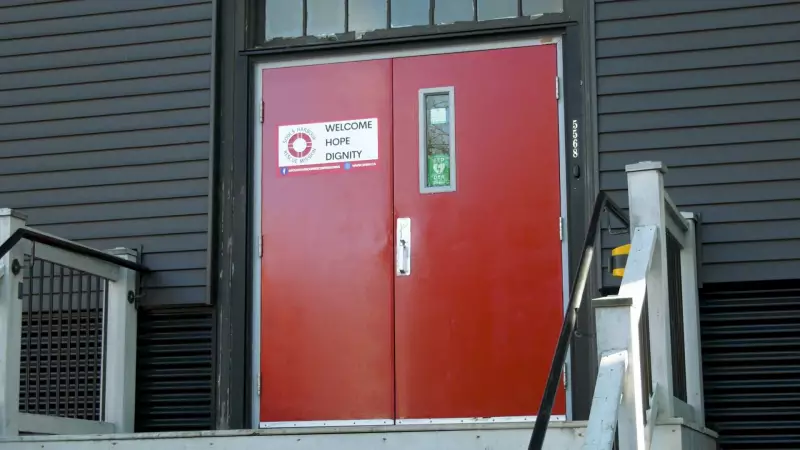
Across Nova Scotia and throughout Canada, a quiet crisis is unfolding in grocery store aisles and kitchen tables as more families find themselves unable to afford basic necessities. Food banks and support organizations are reporting unprecedented demand as the soaring cost of essentials pushes even employed Canadians toward seeking assistance.
Staggering Increase in Demand
Feed Nova Scotia has witnessed a dramatic 27% surge in visits to food banks within just three months, with over 30,000 people now relying on their services monthly. This isn't just a statistic—it represents working parents skipping meals, seniors choosing between medication and food, and students facing food insecurity while pursuing education.
"We're seeing people we've never seen before," reports Nick Jennery, Executive Director of Feed Nova Scotia. "These are individuals with jobs, sometimes two incomes, who simply can't keep up with rising costs."
The Perfect Storm of Financial Pressure
Several factors are converging to create this crisis:
- Grocery prices have increased by nearly 25% since 2021
- Rental costs continue to climb across Atlantic Canada
- Fixed incomes and wages failing to match inflation
- High interest rates straining household budgets
Nancy Stapleton, a single mother from Halifax, shares her reality: "I work full-time, but after rent and utilities, there's barely enough for groceries. I never thought I'd need to visit a food bank, but here I am."
Beyond Food Banks: A Ripple Effect
The impact extends beyond hunger. The Salvation Army notes increased requests for help with utility bills and housing costs. Meanwhile, mental health organizations report growing anxiety related to financial stress.
"When people can't afford basics, their entire well-being suffers," explains Dr. Sarah Thompson, a community health researcher. "We're seeing effects on physical health, mental health, and children's development."
Looking Forward: No Quick Fix
With economists predicting continued economic challenges, organizations are preparing for sustained high demand. Feed Nova Scotia is expanding partnerships with farmers and retailers while advocating for policy solutions.
As Jennery notes, "This isn't just a food issue—it's an income issue. We need comprehensive approaches that address the root causes of why people can't afford to live."
The situation serves as a stark reminder that in one of the world's wealthiest nations, the basic security of putting food on the table has become an uncertain reality for a growing number of Canadians.





